Table of contents
Browse categories
Browse authors
 AB
ABAlberto Boffi
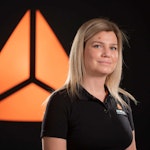 AL
ALAlessia Longo
 AH
AHAl Hoge
 AB
ABAljaž Blažun
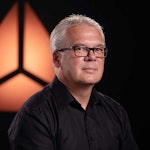 BJ
BJBernard Jerman
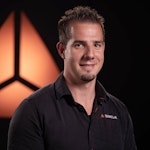 BČ
BČBojan Čontala
 CF
CFCarsten Frederiksen
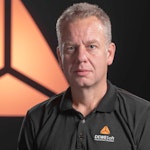 CS
CSCarsten Stjernfelt
 DC
DCDaniel Colmenares
 DF
DFDino Florjančič
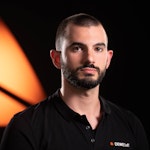 EB
EBEmanuele Burgognoni
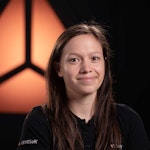 EK
EKEva Kalšek
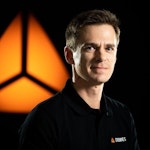 FB
FBFranck Beranger
 GR
GRGabriele Ribichini
Glacier Chen
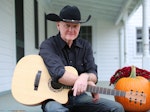 GS
GSGrant Maloy Smith
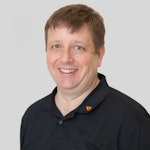 HB
HBHelmut Behmüller
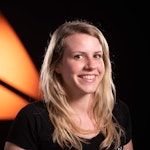 IB
IBIza Burnik
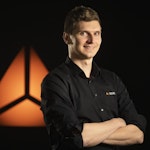 JO
JOJaka Ogorevc
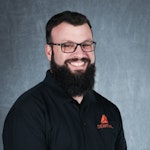 JR
JRJake Rosenthal
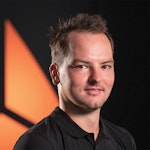 JS
JSJernej Sirk
 JM
JMJohn Miller
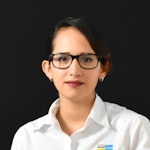 KM
KMKarla Yera Morales
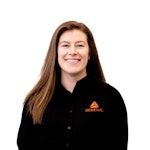 KD
KDKayla Day
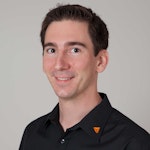 KS
KSKonrad Schweiger
Leslie Wang
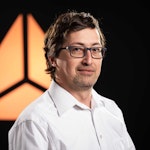 LS
LSLoïc Siret
 LJ
LJLuka Jerman
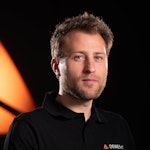 MB
MBMarco Behmer
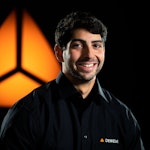 MR
MRMarco Ribichini
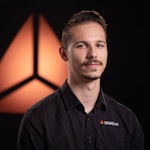 ML
MLMatic Lebar
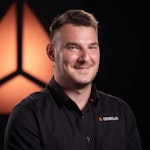 MS
MSMatjaž Strniša
 ME
MEMatthew Engquist
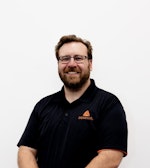 ME
MEMichael Elmerick
 NP
NPNicolas Phan
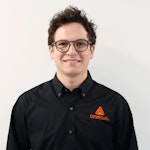 OM
OMOwen Maginity
 PF
PFPatrick Fu
 PR
PRPrimož Rome
 RM
RMRok Mesar
 RS
RSRupert Schwarz
 SA
SASamuele Ardizio
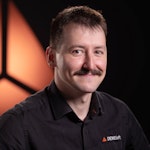 SK
SKSimon Kodrič
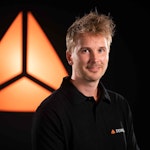 SG
SGSøren Linnet Gjelstrup
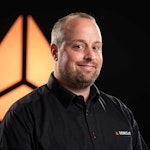 TH
THThorsten Hartleb
 TV
TVTirin Varghese
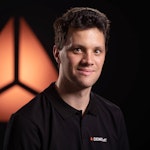 UK
UKUrban Kuhar
Valentino Pagliara
 VS
VSVid Selič
 WK
WKWill Kooiker
Development of low-emission home appliances and systems for verification

September 30, 2025
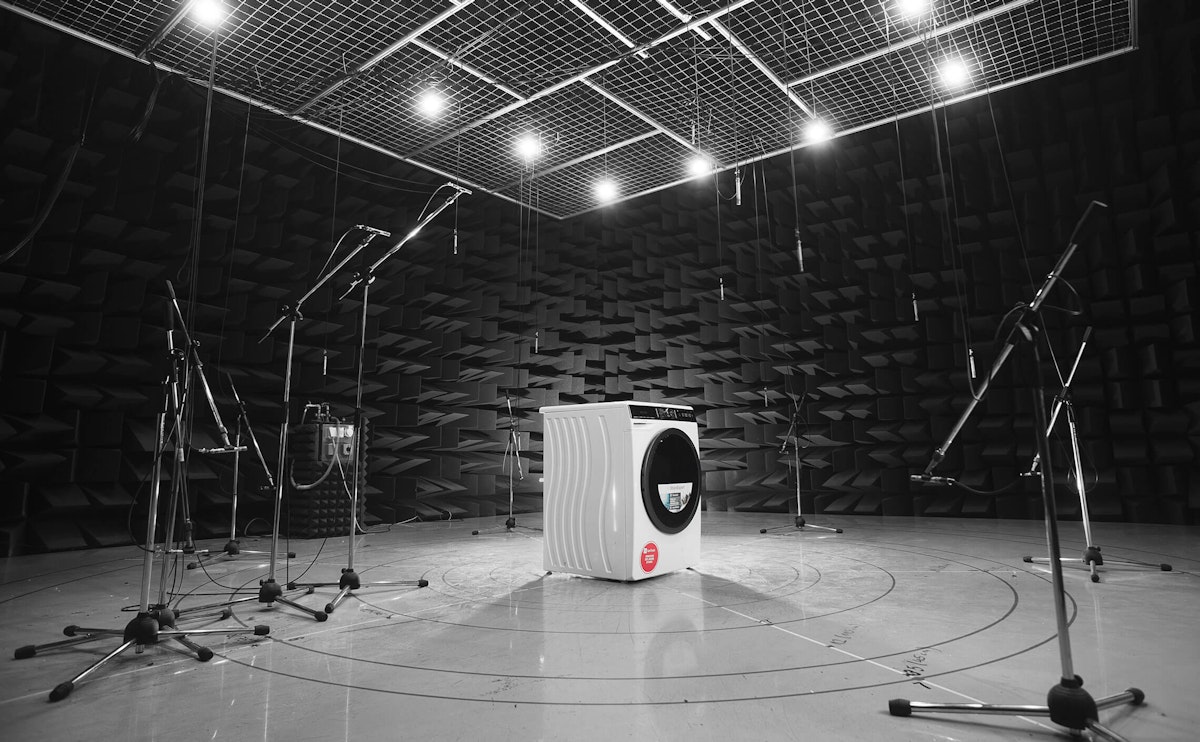
The project is co-financed by the EU (NextGeneration EU)
Project Duration: January 2023 – December 2025
Total budget: 2.479.668,68 EUR
EU funding: 999.902,45 EUR
In the context of a PD project, we are collaborating with Gorenje and Arctur to develop a low-emission washing machine and a low-emission refrigerator, along with the appropriate infrastructure and systems for verifying household appliances with low levels of emitted noise. The newly developed low-emission washing machine includes key functionalities that reduce water, energy, and detergent consumption while also producing low noise emissions.
The low-emission refrigerator will be presented in two versions - as a refrigerator of the highest energy class A and as a refrigerator with an extremely low level of emitted sound power (32 dB), which places it at the top of the market offer. Within the project, we will develop a system for measuring and calculating sound power in various operating cycles of the machine, intended for measuring machines with low noise levels.
With the help of purpose-built software, it will be possible to determine the connection between operating conditions such as rotations, temperature, vibration level, and resulting emitted sound power using appropriate sensors in the multitude of captured data. Additionally, the software development will enable simultaneous evaluation of psychoacoustic parameters that serve as mathematical evaluation of the subjective user perception of the characteristics of the emitted noise during operation. New infrastructure and systems for verifying household appliances will be adapted to a purpose-built soundproof chamber with a low background noise level. By combining these elements, comprehensive characterization will be possible with the simultaneous acquisition of analog measuring quantities with a dedicated, high-dynamic measuring system.
As part of the project, Arctur will improve the methodology and introduce new approaches for greater optimization, simulations, and digital twins in the development of low-emission refrigerators.
Funded by EU
The investment is part of the measures of the plan financed by the Recovery and Resilience Facility: